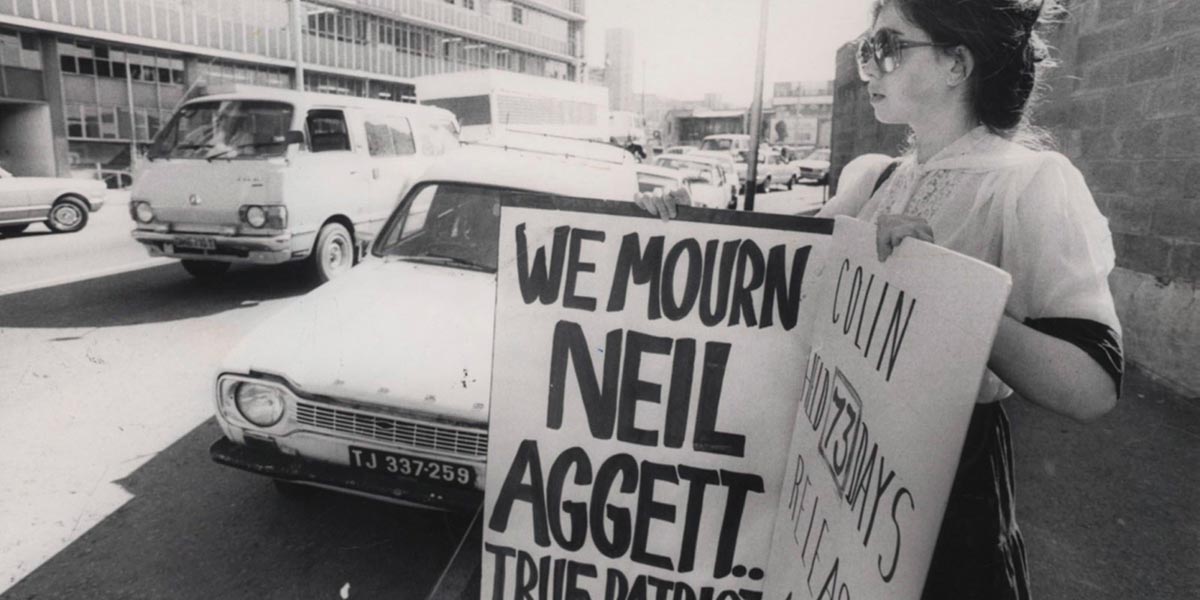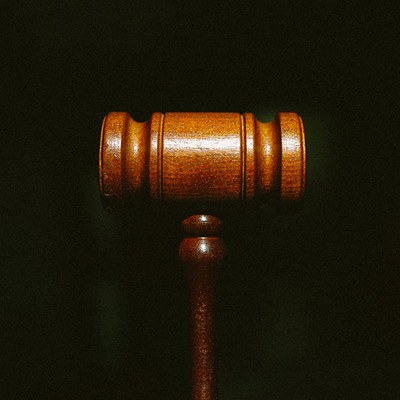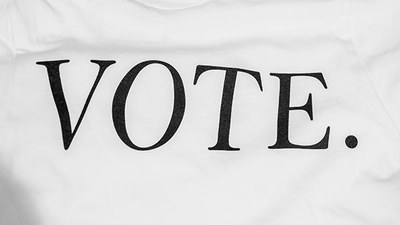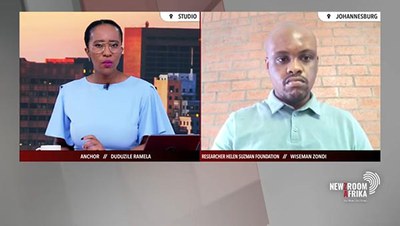
Dear Friends,
Before you is the inaugural edition of the Helen Suzman Foundation’s newsletter and I’d like to introduce myself, the HSF’s new director.
I’ve worked in civil society organisations concerned to uphold constitutionalism, human rights and the rule of law for several years now: most recently at Freedom Under Law and before that, establishing and running the Southern Africa Litigation Centre.
I know the importance of collaborative civil society work — underscored in the joint initiatives HSF has undertaken recently with several other prominent NGOs as regards Cabinet Minister Lindiwe Sisulu’s attack on the judiciary and the Constitution and the indefensible February interviews by the JSC of candidates for Chief Justice (discussed in more detail by Chelsea below).
This type of joint endeavour seems especially important right now when so much of our democracy is under severe strain — whether by the design of unscrupulous actors or the confluence of unpredicted events, such as the pandemic. That isn’t to discount the importance of going it alone when the need arises. I was reminded of just how critical that can be when reading the recent verdict in the reopening of the inquest into the death of Neil Aggett.
That new verdict, delivered by Judge Makume, and secured through the persistent efforts of Aggett’s family and the Foundation for Human Rights, found that Aggett had been killed at the hands of the Apartheid Security Branch police and not by suicide as was maintained by the authorities of the time. But much of the evidence relied on during this reopened inquest to reach the new verdict was evidence that had been smuggled to Helen Suzman and that she had placed in the public domain at the time through her parliamentary questions and speeches, at not inconsiderable risk to herself.
Her legacy seems to me to be one affirming the importance of both the principles of solidarity and of independence. And if the present day offers countless challenges which must be addressed if constitutional democracy is to be secured, still the past lives with us and conditions those challenges and the way we experience them.
Reading John Dugard’s book, “Confronting Apartheid”, I came across this description of Helen: “From Helen I learnt that there could be no compromise on human rights, but that it was essential to be correct on the law and accurate with the facts.” We at the HSF can do no better than to seek to emulate that example.
In the sections below, you’ll find descriptions of some of our recent activities. This is not comprehensive, instead we look to highlight interventions we believe merit further reflection.
In addition to my joining HSF, we’ve also welcomed several others to the HSF team: Wiseman Zondi and Jos Venter joined at the beginning of the year and Prema Pillay has joined us more recently. I do hope you’ll have the time to engage with some of our work and to engage us. We’d love to hear from you.
 Nicole Fritz
Nicole Fritz
 Safeguarding Judicial Independence and Public Confidence Therein
Safeguarding Judicial Independence and Public Confidence Therein
Criticism of the judiciary is nothing new, and in fact, some level of criticism is not only to be expected but also welcomed. However, extraordinary, disingenuous attacks by serving Cabinet Ministers cannot go unchallenged, particularly in light of the sustained and apparently coordinated attempts to delegitimise the courts by certain political actors in a bid to avoid criminal accountability. January this year brought with it an article from Cabinet Minister, Lindiwe Sisulu, placing the blame for South Africa’s current ills at the foot of the courts and the Constitution. The HSF, along with several other civil society organisations, issued a strong response. That response can be read here.
Given the attack on the courts, it is more important now than ever that the appointment of judicial officers, particularly to the highest courts in South Africa, be seen to be done through a process reflecting fairness, transparency and integrity. The HSF, together with other civil society organisations, has called for a more transparent, responsive and accountable appointment process from the Judicial Service Commission (“JSC”). In a letter, which can be read here, the organisations called for the creation and publication of a professional code of conduct for JSC commissioners as well as objective and clear criteria to be applied in appointing judicial officers.
Chelsea Ramsden
 Who Decides on Vaccine Mandates?
Who Decides on Vaccine Mandates?
This month, South Africans marked two unhappy two-year anniversaries. First, our inaugural recorded case of Covid-19. Second, our subsequent declaration of a state of disaster in terms of the Disaster Management Act. The months, and now years, that followed March 2020 saw the executive branch of our government ‘locking down’ our nation, in varying degrees of severity, in the fight against Covid-19 and an ongoing debate about how democratic states like ours should govern in times of crisis.
Two years on, the availability of vaccines – and the spectre of mandating them – in the fight against Covid-19 has added a new dimension to this debate. In a controversial judgment, a sharply divided Supreme Court of the United States blocked an attempt by US President Joe Biden to make vaccines mandatory for workers employed at large American companies. Whatever one’s view on the scientific and moral case in favour of mandating vaccines, the judgment should provoke reflection, for us in South Africa too, on the role and value of democratic norms in times of crisis.
Read the HSF’s analysis of the judgement here.
Christopher Fisher
 The Helen Suzman Foundation Makes Submissions on Electoral Reform
The Helen Suzman Foundation Makes Submissions on Electoral Reform
The HSF is of the view that the Electoral Amendment Bill, as currently drafted, insufficiently promotes and deepens representative democracy. We are not the only ones.
The HSF advocates a mixed member proportional (MMP) electoral system, which combines the advantages of both proportional representation and the accountability of members of the National Assembly to constituencies. This is in line with the majority report of the Electoral Task Team in 2003, the High-Level Panel on the Assessment of Key Legislation in 2017 and the majority recommendation of the Ministerial Advisory Committee in 2021. The Executive has either ignored these recommendations or, by introducing the Bill in January, explicitly rejected them. The Bill is the result of an order of the Constitutional Court which found the Electoral Act unconstitutional, in that it does not allow independent candidates to stand for election to the National Assembly and provincial legislatures.
The Bill is being considered by the Home Affairs Portfolio Committee which called for comments and it heard oral presentations on 1 and 2 March. Several presentations criticised the Bill for failing to place independents on an equal footing with parties. The Organisation Undoing Tax Abuse made the point that now is not the time to use deadlines, conservative options, and minimalist amendments as excuses to not effect change. We agree entirely. Indeed, we think that giving voters the opportunity to select separately the individuals and the parties/independents they wish to represent them is the only satisfactory way to treat independents fairly.
The Portfolio Committee has undertaken to conduct meetings in provinces to allow members of the public to make their views known. This is the same form of consultation that was used for land reform and National Health Insurance. We welcome this decision. Like an MMP system itself, it will bring Parliament and people closer.
Read our submission to Parliament here and an explanatory note on it here.
Charles Simkins
 The Public Protector
The Public Protector
No litigant could envy the Public Protector’s record before our courts. Her latest defeat, before the Constitutional Court, is a dismissal, with costs, of her audacious application to have the court reconsider its judgment in the CR17 campaign donations matter.
The majority judgment in that case heavily criticised Advocate Busisiwe Mkhwebane for her quality of reasoning, the unsubstantiated findings levelled against President Ramaphosa, that her investigation was carried out without “an open and enquiring mind” and that she “did what no law had authorised her to do”. Most damning was the finding that among her “series of weighty errors” were “some of which defy any characterisation of an innocent mistake”.
The Court’s recent outright dismissal of her bid to have it rescind these findings did not respond to the President’s request that the judgment be brought to the attention of the National Prosecuting Authority so that it might investigate the Public Protector’s dishonest conduct. However, the impeachment process of the Public Protector, now back on track, may yet offer up some form of accounting.
Read more on the HSF’s analysis of the impeachment process here.
Jos Venter
 HSF’s Media Appearances
HSF’s Media Appearances
This year has seen the HSF engage with the media on a wide array of issues of public importance, samples of which appear below.
Panel Discussions
-
Watch Nicole Fritz join ‘Frontline’ by News24 to discuss the JSC’s interviews for Chief Justice here.
-
Watch Nicole Fritz join Eusebius Mckaiser and Sabelo Skiti to discuss the historic hand-over of the first volume of the State Capture Report here.
News Interviews
-
Watch Wiseman Zondi comment on AfriForum’s hate speech case against the EFF on Newzroom Afrika here.
-
Listen to Sophie Smit discuss the state of municipal service delivery on Radio 702 here.

